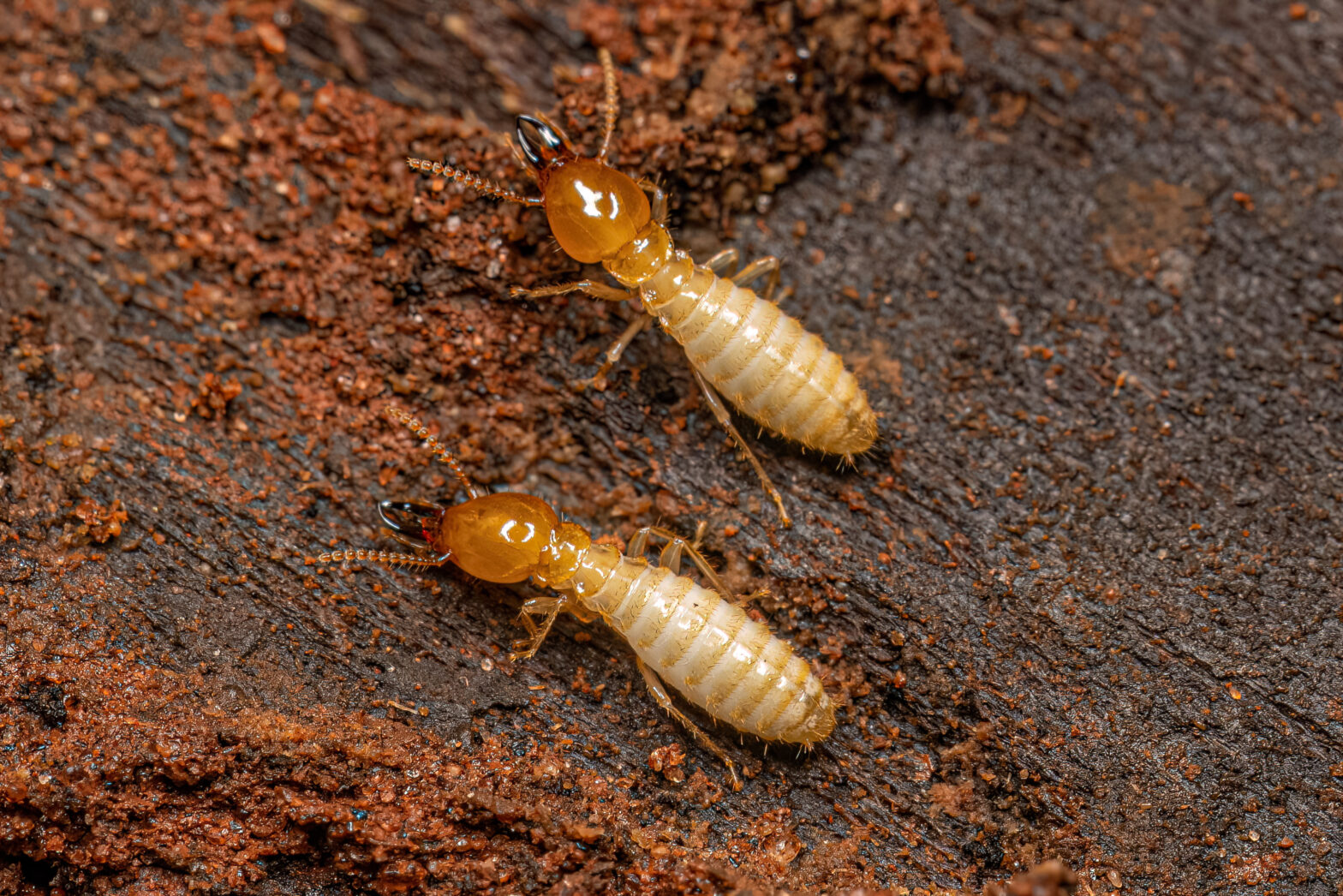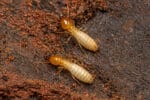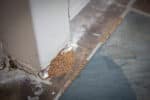
Fun Facts About Termites
Welcome to the wild, wacky world of termites! These tiny, tireless insects play an important role in our ecosystem in the wild, but they are also an enormous pest and one of the worst nightmares for homeowners, especially in South Florida. By damaging homes, agriculture, and lumber, termites are estimated to require $5 billion dollars in treatment costs and to repair damages each year in the United States, with Florida being one of the largest contributors. Because termites are so important to our lives here in South Florida, many homeowners are interested in learning more about these fascinating bugs. In this blog, we hope to cover some of the most frequently asked questions about these pesky termites.
How Long Do Termites Live?
Termite lifespans vary depending on their role in the colony. Worker and soldier termites typically live for about one to two years, diligently performing their duties day and night. However, the queen termite can live up to 25 years, continually laying eggs to sustain the colony. Talk about a long-term commitment!
Intriguing Characteristics of a Termite
Do Termites Sleep?
If you think you’re busy, termites might just put you to shame. These little critters are active 24/7/365. That’s right—no rest for the wicked (or the termites). They’re constantly on the move, chewing through wood and building their intricate colonies. Sleep is for the weak, apparently.
Are Termites Blind?
Most termites are indeed blind! Worker and soldier termites rely on their other senses to navigate and perform their duties. It’s like wearing a blindfold at work—impressive, right? Only the reproductive termites, or alates, have eyes, which they use to find new mates and establish new colonies.
Termite Mud Tubes and Nests
Termites are master architects. They build mud tubes to travel safely between their nest and food sources, protecting themselves from predators and harsh environments. Their nests, often found underground or within wooden structures, are complex, multi-chambered marvels. Who knew termites could give human architects a run for their money?
The Social Structure of Termites
Termite colonies are highly organized, with a social structure that rivals that of a beehive or ant colony. Each termite has a specific role, contributing to the colony’s success. Swarmers, also referred to as alates or reproductives, are responsible for swarming to spread and grow the colony. Soldiers are responsible for defense against predators, namely ants. And workers are responsible for finding food, feeding the colony, and grooming the young termites.
How Many Termites Are in a Colony?
A single termite colony can house anywhere from a few thousand to several million termites, depending on the species. That’s a lot of mouths to feed, but termites are very efficient at finding and consuming food.
Worker Termites vs. Soldier Termites
Worker termites are the labor force of the colony, responsible for foraging, building, and taking care of the queen’s eggs. Soldier termites, on the other hand, are the protectors. With their large mandibles and strong jaws, they fend off predators and guard the colony. Think of them as the termite world’s knights in shining armor—minus the armor.
Protect Your Home: Contact Hulett for a Termite Inspection
While termites are fascinating, they can also be formidable foes when they infest your home. Hulett Environmental Services offers expert termite inspections and treatments to protect your property. Our trained technicians, armed with knowledge and experience, will ensure your home remains termite-free.
Don’t let these destructive pests catch you off guard. Contact Hulett today for a thorough inspection and keep your home safe from termite trouble. If you see or suspect termites in your home or neighborhood, reach out for a free inspection and to learn more about exterminating and preventing these destructive pests from invading your home.
Don’t forget to browse our Bug Database to learn more about common Florida termite species.



